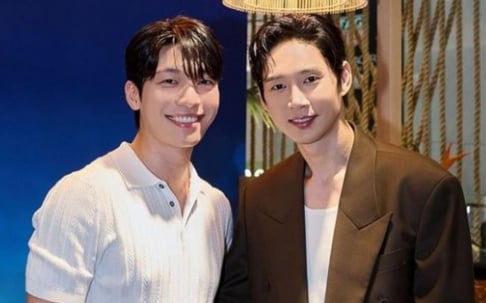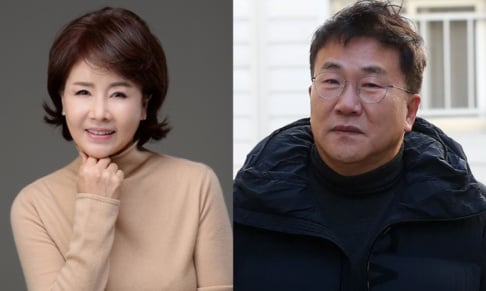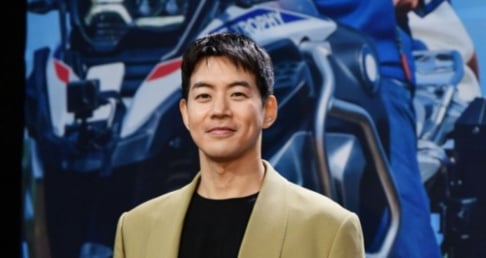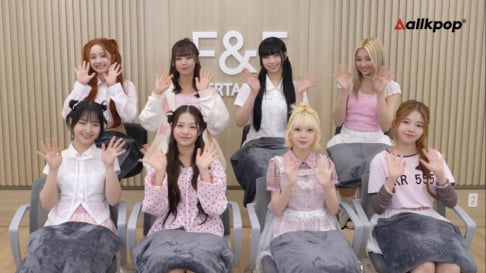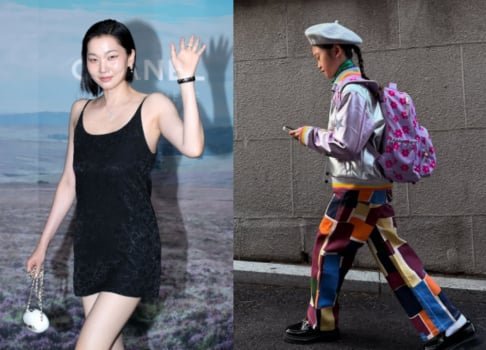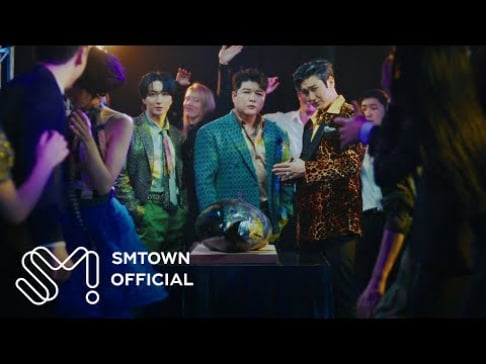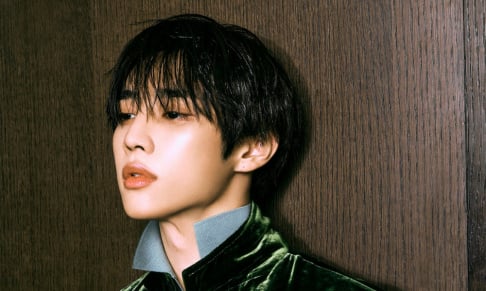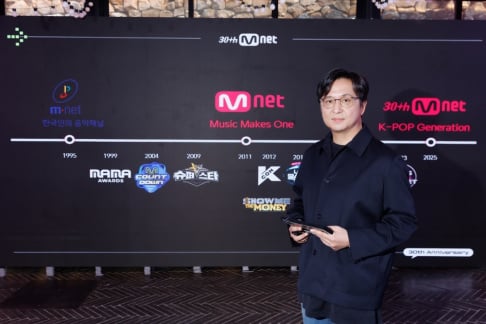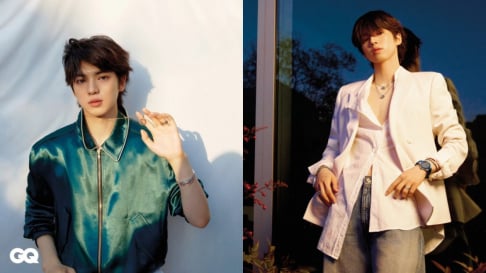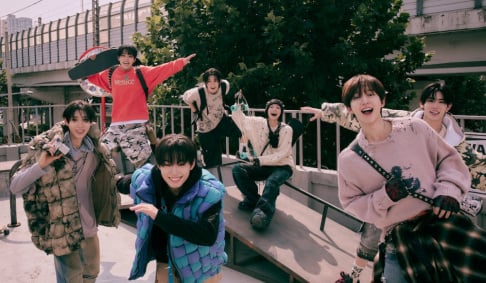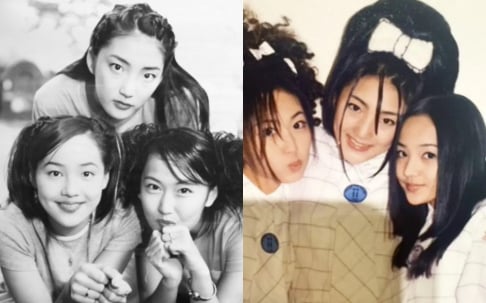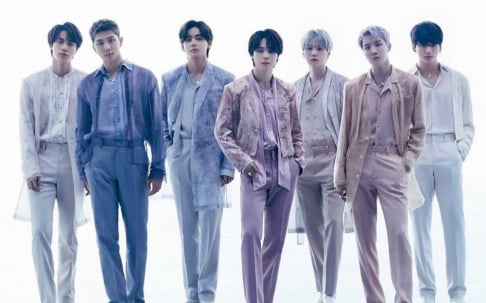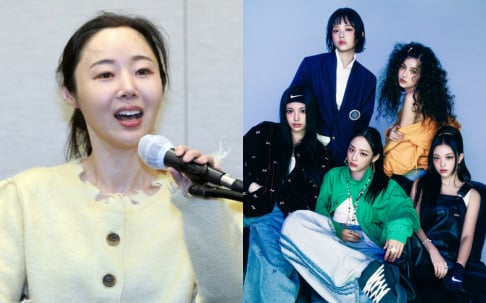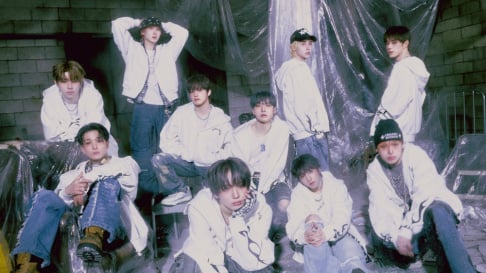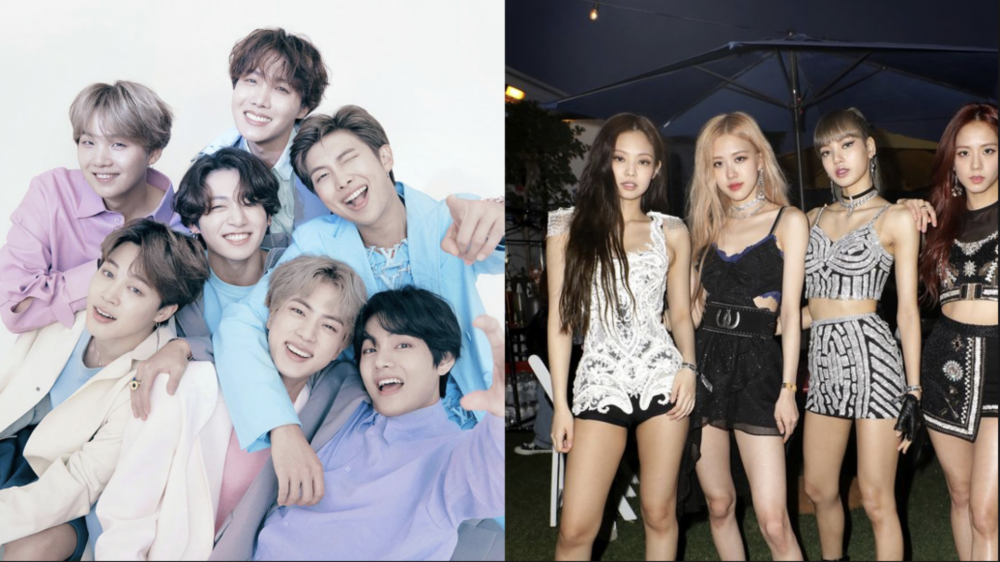
If you’ve been in the K-Pop fandom for a while, you’ll know one of the biggest ongoing debates is “Who paved the way?”
This debate has been circulating for so long that it has become a normal part of conversations within the fandoms. Whether it's a new interview or an award show, this topic often resurfaces. But when did this debate begin, and why does it continue to persist?
The origins of this debate can be traced back to around the introduction of the second generation, when the genre began to gain international recognition. As different groups emerged and achieved varying levels of success, fans naturally started to compare their favorite idols and groups. The question of who was the first to break into new markets, who set the trends, and who made the most significant impact became a point of contention.
One reason this debate continues to persist is the deep emotional investment fans have in their favorite groups. K-Pop fandoms are known for their passionate support, and this often translates into a desire to see their idols receive recognition for their hard work and achievements. Fans feel a sense of pride when their favorite group is acknowledged as a trailblazer in the industry.
Additionally, the competitive nature of the K-Pop industry itself fuels this debate. With so many talented groups and artists constantly pushing the boundaries of music, performance, and fashion, the landscape is always evolving. Each new breakthrough can reignite the discussion about which group truly paved the way.
Social media also plays a significant role in keeping this debate alive. Platforms like Twitter, Instagram, and YouTube allow fans to share their opinions and engage in discussions with a global audience. Hashtags and trending topics can quickly bring the debate back into the spotlight, especially during high-profile events like award shows and comeback stages.
Moreover, the industry’s acknowledgment of past achievements often brings the debate back into focus. When veteran groups are honored for their contributions or when new groups pay homage to their predecessors, it naturally prompts fans to reflect on the history and evolution of K-Pop.
It seems like all the fandoms are out there trying to one-up each other, but is this really a necessary debate? Every idol puts in so much blood, sweat, and tears to make their way onto the stage. The trainee days are notoriously difficult, with immense mental, physical, and emotional challenges that idols must overcome. From grueling practice schedules to stringent evaluations, aspiring idols face years of intense training before they can even debut. They endure long hours of dance rehearsals, vocal training, and media education, all while maintaining strict diets and dealing with the pressure to meet industry standards. Despite these hardships, idols persist, driven by their passion for music and performance, as well as their dreams of stardom.
Given the sacrifices and perseverance required to succeed in the K-Pop industry, it seems unfair to pit idols against each other in a debate over who paved the way. Each group and artist has contributed to the genre in their own way, and their collective efforts have helped K-Pop gain global recognition. Instead of focusing on competition, it would be more meaningful to celebrate the diversity and talent that each act brings to the table. By appreciating the hard work and dedication of all idols, fans can foster a more supportive and inclusive community. The success of K-Pop as a whole is a testament to the contributions of countless artists, past and present, who have poured their hearts into their craft.
So why can't fandoms appreciate that all idols, in some way or form, have made a significant impact on the world of K-Pop? This isn’t to discredit the groups that have achieved remarkable milestones and set new standards within the industry. These accomplishments are certainly impressive and deserving of recognition. However, they don’t necessarily mean that one group is inherently better than another. Each group and artist brings their own unique strengths and contributions to the table, enriching the K-Pop landscape as a whole.
If you watch interviews with idols, you’ll notice that they often express respect and admiration for their senior groups. Similarly, senior idols show support and encouragement for their juniors. This mutual respect is evident, so why do fandoms continue to clash to prove their bias group is superior? Imagine how wonderful it would be if all fandoms could come together, supporting each other and their idols collectively.
What is your stance on this ongoing debate? Is it worth the effort fans put into arguing that their group is the best, or is it a futile endeavor? Do you think these discussions contribute to the growth and diversity of K-Pop, or do they create unnecessary divisions within the fandom? We would love to hear your perspective. Share your thoughts below and join the conversation.

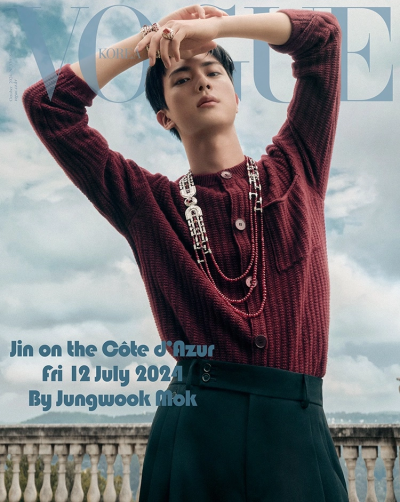

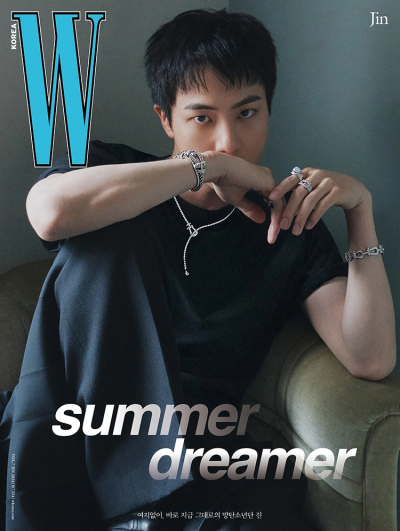
 SHARE
SHARE
